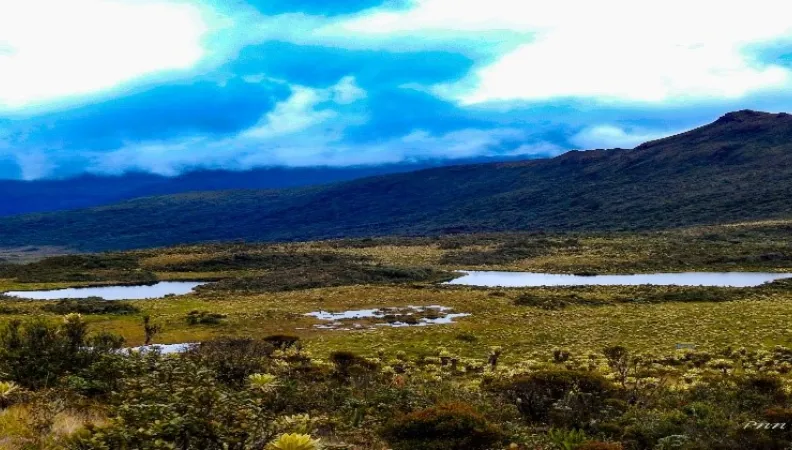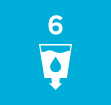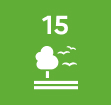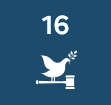Share the page
Ecosystem management of the páramos in the Macizo Colombiano
Project


-
Project start date
-
Status
In progress
-
Estimated date of project termination
-
-
Project financing date
-
-
Financing duration
-
3 years
-
Type of program
-
FFEM
-
Global financing amount
-
€ 3700000
-
FFEM financing amount
-
€ 1100000
-
Project lead member institution(s)
-
AFD
-
Country and region
-
Colombia
-
Type of financing
-
Partners
-
UNDP
-
Beneficiaries
-
ONF Andina
-
Type of beneficiary
-
Public local authority





The Macizo Colombiano project, supported by the FFEM via a subsidy of €1.1 million aims to reinforce the sustainable management of the páramo ecosystems by supporting the institutions in charge of their planning, the implementation of sustainable agricultural reconversion pilot schemes and the extension of conservation areas through ecological restoration.
Context
The páramos, the iconic Andean ecosystem known for its endemic biodiversity, play a fundamental role in the regulation and supply of water and in carbon storage. The Macizo Colombiano, a UNESCO-recognised biosphere reserve, is home to 27% of Colombia’s páramos. The current government makes much of its ambition to place water resources at the heart of its regional planning policy, with an emphasis on the strategic and essential nature of the Macizo Colombiano. Despite a number of laws and regulations aiming to protect it, the rise of Colombia's agricultural movement and the weakness of local institutions in implementing these public policies threaten its conservation. To tackle this, the project aims to strengthen the capabilities of the institutions in charge of the planning and preservation of the páramos in the Macizo Colombiano, to enable effective application of the regulations for their protection, curtailing the advancement of the agricultural movement and better conserving the biodiversity within them.
Description
The project is being implemented in 4 páramo clusters in the Macizo Colombiano region by ONF Andina (the Andean bureau of the French National Forestry Office). All the planned activities foster the effective application of local and national public policies seeking to protect this ecosystem and encourage its sustainable and integrated management. This means the project strengthens the abilities of local and regional authorities through improved cohesion, leading to the formulation of an ambitious plan for páramo management. To tackle the threat posed by the agricultural movement, sustainable productive reconversion activities are being offered to local communities to reduce the impact of practices related to large-scale cattle rearing, for example. Pilot ecological restoration initiatives are being put in place to enhance and extend conservation areas through support for the managers of regional protected areas and National Nature Parks.
Impacts
Through these activities, the project permits co-construction of a collaborative digital tool for use by the various institutions to help in the drafting of environmental management plans for the páramos. Sustainable productive reconversion activities on 414 hectares located in areas neighbouring the páramos are encouraging the adoption of sustainable agricultural practices to help improve yields while limiting their environmental impact. Ecological restoration pilot schemes on 682 hectares are improving the connectivity necessary for the survival of the endemic species in the páramos and the recovery of ecosystem services such as the supply and purification of water resources or of carbon storage.
Exemplary and innovative characteristic
Theproject supported by the FFEM is particularly exemplary and innovative because of the scarcity of experiences in restoring and/ or reconverting productive crops within páramos ecosystems, by tools for landscape management or by mechanisms that generate added value to the production system. These experiments are rarely carried out with community participation or through agreements with peasant and indigenous organizations.
The online collaborative digital tool created also contributes to the innovative character of the project. Thus, in addition to a classic digitization of the territory, it offers a reading of its ecological and social dynamics, using synthetic indicators defined in a participatory way with the main concerned.
Sustainable Development Goals
ODD6 Clean water and sanitation

ODD12 Responsible consumption and production

ODD13 Climate action

ODD15 Life on land

ODD16 Peace, justice and strong institutions



